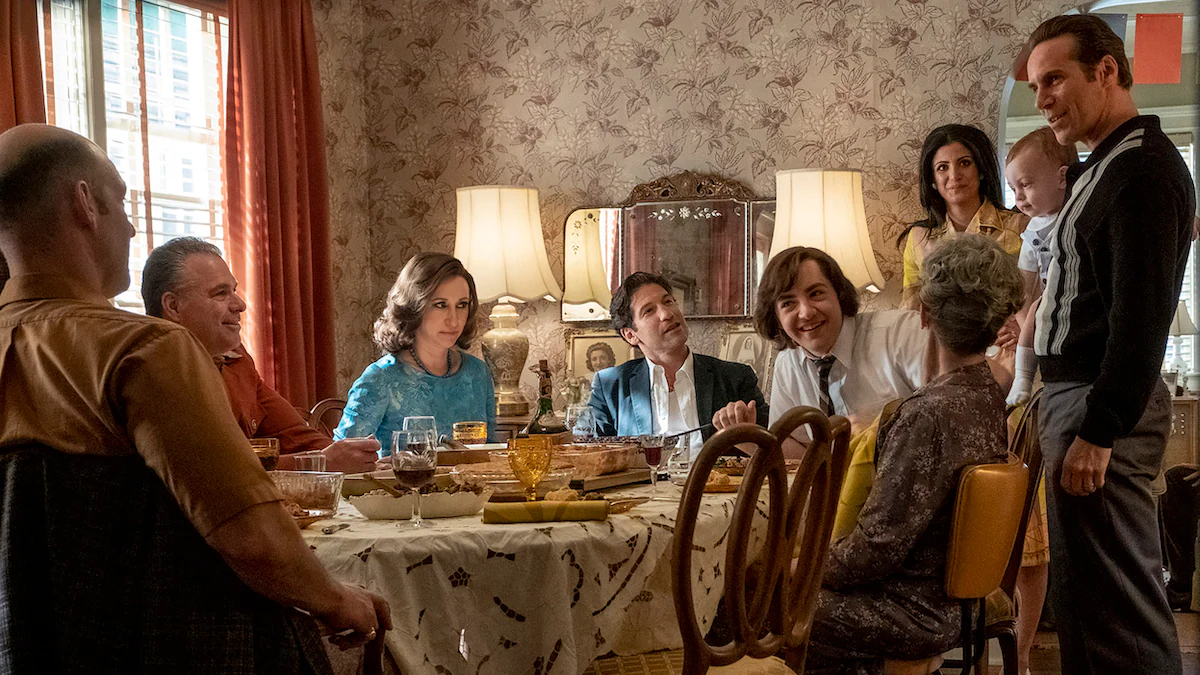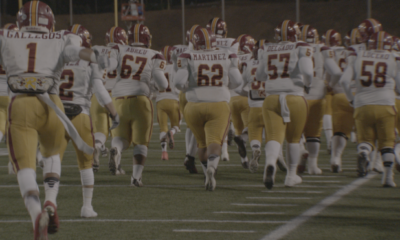Binge-watching is one of the greatest new developments in TV — especially for diehard fans who have the time and willpower to sit through 10 straight hours of episodes in a day. It’s absolutely the easiest and best way to catch up on TV shows you’ve missed out on or lost track of.
Unfortunately, that’s about where the pros end and the cons begin.
The bizarre and amazing sense of community fans get from watching and participating in a show week-by-week pretty much evaporates when you factor binge watching into the mix. Watching all 10 episodes of a new season the second it drops ensures there’s no episode-by-episode breakdown, no conversation, no weekly speculation about what’s to come, as with regular broadcast.
RELATED: Netflix is making a mistake releasing all ‘Gilmore Girls’ episodes at once
We’ve all waited on pins and needles for a new Netflix or Hulu original series and then frantically binge watched the entire season in order to avoid spoilers — just ask “Gilmore Girls” fans what they did with their Thanksgiving weekend when all six hours of the revival dropped at once.
As a result, there are less and less in-depth discussions about particular plot points and character arcs, which is what week-to-week fans — the entire television culture, from comment to critique to conspiracy theorists — thrive on. Why discuss something that happened in Episode 2 when you’ve already blown past Episode 9?
Fans miss out on the thrill of live-tweeting episodes together — and watching the cast and crew tweet with behind-the-scenes tidbits — without the element of live viewing at a specific time each week. Sure, the first few hours after a release might see a flood of fan commentary, but it’s a risky venture to be anywhere near social media for fear that you’ll be 10 minutes behind someone else in the viewing process and have a major plot point spoiled.
The majority of TV fans aren’t so utterly obsessed that these drawbacks affect their viewing experience — but for the super fan, those among us who drive the conversation, binge-watching is a bit of a double-edged sword. You get a deluge of your new favorite thing… but you also get cheated out of a community that builds itself around the weekly wait and anticipation for new material.
Of all the streaming options, we’d suggest that HBO has hit the sweet spot for merging live viewing with binge-ability: HBO shows have live airings week to week, ensuring fans stay engaged long-term, even if its only for 10 weeks out of the year, while also offering an easy streaming experience, with HBO Now and HBO Go, for binge watchers to catch up on episodes without the inconvenience of ads or downloads.
They’ve preserved the fun of binge watching without the pitfalls of the apathetic aftermath.
RELATED: Just finished a TV binge? Netflix already knows your next step
At the end of the day, we need to remember that solving the mystery isn’t what’s fun about watching TV. We don’t tune in to find out who’s under the sheet on “How to Get Away with Murder,” we tune in to find out how they got there. If it was that simple, you could just watch every show’s finale and call it a day: Watching a story play out on a regular basis keeps us engaged over the course of a year, and the ongoing story fresh in their minds — while a binge-watch crushes that cycle down to a few scant hours.
Like anything else called a “binge,” it’s about enjoying yourself without regulation, moderation or control. Which is fine, it’s not a moral issue — it’s a biological one. Short-term memory is temporary, long-term is exactly what it says it is, and when you remember something, you’re remembering the last time you remembered it. With that in mind, ask yourself: Who in the world could sit down for a 10-hour movie, watch it once, and walk away with anything more than a few major plot points? Whereas if you ask a fan of “The Vampire Diaries” what happened in Season 3 Episode 8, they’d probably be able to quote the entire episode for you.
So even if you’re not worried about the social ramifications or the fan culture impact, you still have to consider whether you’re doing the story, yourself, or your connection to the story justice. Because isn’t that why we’re all here to begin with?
Source link



 Movies News6 years ago
Movies News6 years ago


 Movies News4 years ago
Movies News4 years ago


 Movies News4 years ago
Movies News4 years ago


 Movies News4 years ago
Movies News4 years ago








